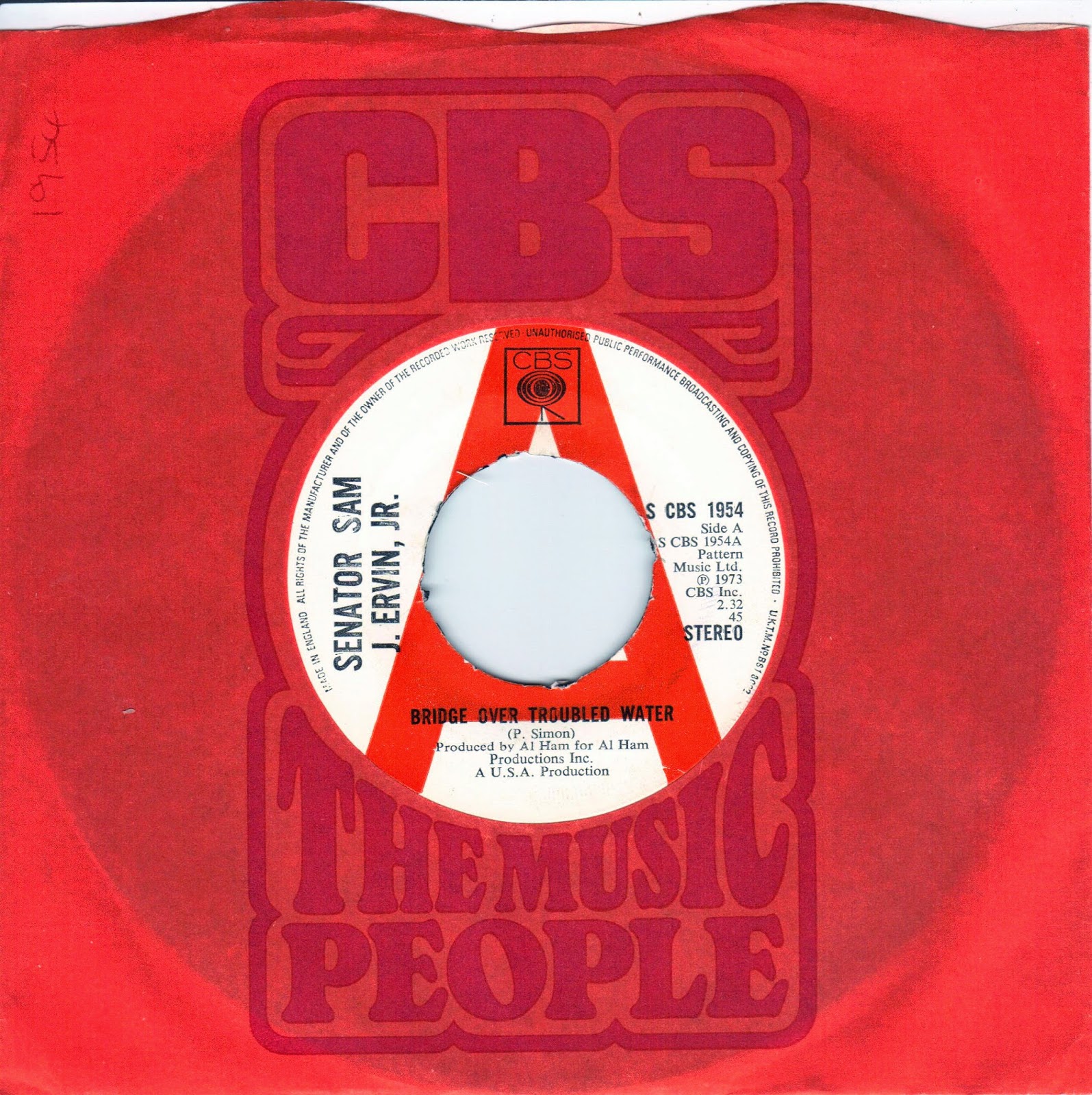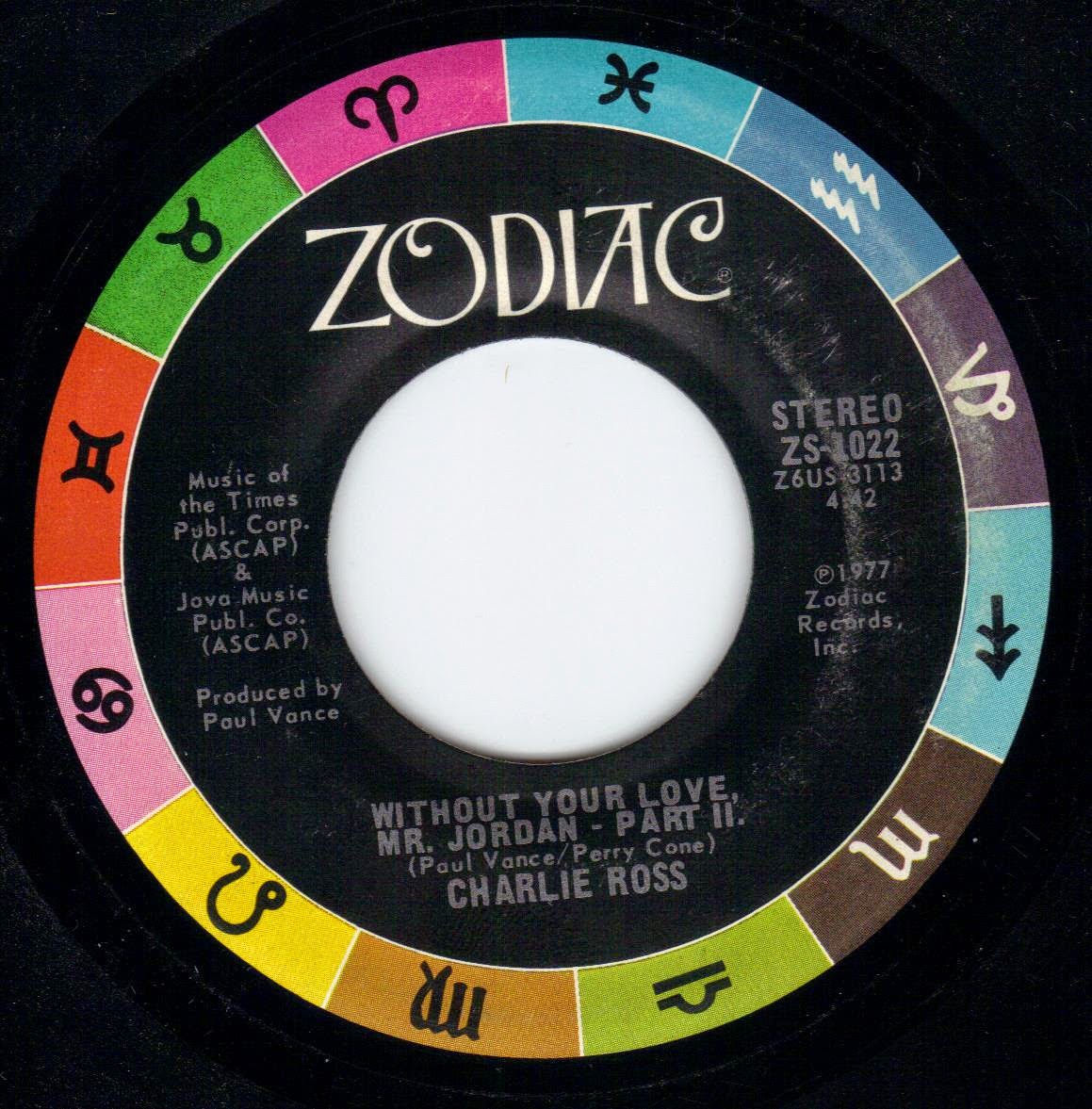Back in the 60s, when TV was king, just about every primetime TV star was hauled into the recording studio to make a record. Some cut a few campy sides (pretty much the entire casts of Batman, Bonanza and Star Trek are guilty here); others made a half decent stab at pop balladry and quickly scuttled back to their respective soundstages. Others still, as we have seen with Peter Wyngarde, were offered the freedom to do pretty much whatever they wanted – with shocking results.
And it’s here that we find today’s bad record.
David McCallum, now aged 80, was one of the brightest stars of 60s TV. As Illya Kuryakin, a Russian-born secret agent, he co-starred in the hit series The Man from U.N.C.L.E. before going on to appear in Colditz, Kidnapped, late 70s science-fiction series Sapphire & Steel, The Invisible Man and, more recently NCIS. He’s also a classically-trained musician with an impeccable heritage: his father, David Senior, was leader of the Royal Philharmonic Orchestra, the London Philharmonic Orchestra, the Scottish National Orchestra, gave Jimmy Pagethe idea of playing guitar with a cello bow and played on the Beatles’ crowning achievement A Day In The Life. For a full decade he led Mantovani’s orchestra. Phew!
When David Junior was offered the chance to record an album he, very wisely, chose not to sing but to arrange and conduct light orchestral versions of au courant hits. Capitol teamed him up with producer and arranger David Axelrod, who employed his crack team of session musicians to record four albums of jazz-tinged covers, all of which are pretty decent; a cut above anything else put out by a TV star that you’re likely to hear. The first two volumes Music…a Part of Me and Music…a Bit More of Me sold reasonably well and one particular track, The Edgehas become one of the most sampled pieces in Hip-Hop, used by artists including Dr. Dre, Missin' Linx and Masta Ace.
But what Capitol didn’t have was a hit single. So, despite his best intentions, McCallum recorded four vocal cuts for potential release. Working with songwriter H B Barnum(who had written a song called The Man from U.N.C.L.E. for Capitol act the Gallants and who would go on to write Northern Soul classic What– recorded by Judy Street and, later, Soft Cell) he came up with his first 45 – which, dear readers, I present for you here today.
Communication/My Carouselmust have frightened the life out of people when it arrived. Certainly, if they were expecting more of the same light jazz that his albums had offered they were in for a big surprise. On the B-side especially McCallum sounds like a man possessed. I do love the harmonica and the bass (if you think you recognise that bass sound you’re right: that’s ace bassist Carol Kaye, famous for her sessions with Phil Spector and Brian Wilson), but the vocal performance is demented. The A-side (compiled on the must-have CD Music for Mentalists) is just rubbish: the arrangement is awesome, especially the last few seconds which sound exactly like Brigitte Bardot’s brilliant Harley Davidson, but the lyrics and vocals are ridiculous. What a great record!
Despite his worldwide fame, the single failed to resonate with the kids and was a massive flop. He followed this up with one further 45, In The Garden – Under the Tree/The House On Breckenridge Lane which again, unsurprisingly, failed to chart.
Enjoy!



















